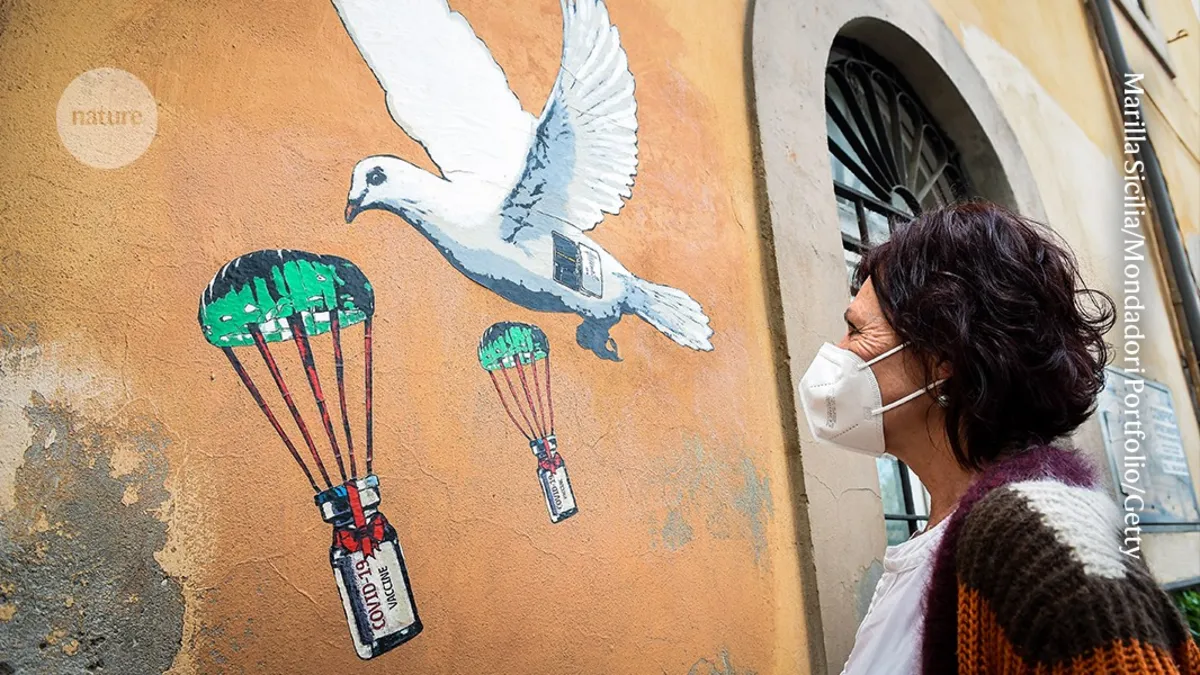
A technology that played a pivotal role in saving millions of lives during the COVID-19 pandemic is now facing significant setbacks. Recently, US Health Secretary Robert F. Kennedy Jr. announced the termination of 22 federal grants, amounting to nearly $500 million, specifically for projects that research messenger RNA (mRNA) vaccines. This technology was notably included in Operation Warp Speed during the first term of former President Donald Trump (2017–2021), which was a groundbreaking federal initiative aimed at accelerating the procurement of COVID-19 vaccines.
mRNA technology has shown immense potential beyond COVID-19. It is currently being researched for its applications in treating various diseases, including cancers, autoimmune disorders, and inherited conditions such as sickle cell disease. Despite these advancements, Kennedy criticized mRNA vaccines, claiming they are ineffective against upper respiratory infections like COVID-19 and the flu. This assertion has garnered significant attention, especially following comments from Jay Bhattacharya, the director of the US National Institutes of Health, who stated that mRNA technology “failed to earn the public’s trust,” contributing to widespread vaccine hesitancy.
The response from the mRNA and public health research communities has been one of shock and disbelief. The Alliance for mRNA Medicines, which comprises various companies and educational institutions, released a statement condemning Kennedy’s remarks as “unscientific and misguided.” They argue that this decision is detrimental to public health and the advancement of critical technologies.
This announcement is not entirely surprising given Kennedy’s known skepticism toward vaccination, which deviates from the prevailing scientific consensus. Reports have indicated that the Trump administration is systematically replacing independent specialists with political appointments in key scientific and public policy areas, including health and environmental statistics. While the US has historically led in scientific advancements, this shift in policy has raised concerns about the future direction of public health research.
Globally, there is no significant movement to adopt Kennedy’s approach. Many countries recognize the versatility of the mRNA manufacturing platform, which can be repurposed for various uses beyond vaccines. Governments have long struggled with the logistics of stockpiling vaccines for emergencies and the costs associated with maintaining manufacturing facilities. With mRNA technology, unused platforms can be utilized for developing other therapeutics, thereby maximizing resource efficiency.
Moreover, mRNA technology is instrumental in fostering vaccine self-sufficiency in low- and middle-income countries (LMICs). In response to the inequities exposed during the COVID-19 pandemic, the World Health Organization (WHO) and the United Nations-backed Medicines Patent Pool initiated a plan to transfer mRNA technology to LMICs. This initiative aims to combat the challenges of vaccine accessibility, particularly when wealthier nations hoard supplies. Currently, 15 countries are participating in a program to build local manufacturing capabilities that meet stringent quality and safety standards.
While all medical technologies involve risk assessment, extensive studies have consistently shown that the benefits of mRNA vaccines far outweigh the associated risks. Ongoing research into these risks and the factors contributing to vaccine hesitancy is essential. However, the cancellation of funding for such a groundbreaking technology undermines public confidence in vaccines and could leave populations unprotected in future pandemics. This decision is not just irresponsible; it threatens to hinder global health progress.
US scientists have played a pivotal role in international collaborations focused on mRNA research, and the country has historically been a leader in funding such initiatives. Seminal advancements in mRNA technology trace back to US laboratories, including significant contributions from researchers like Paul Krieg, Douglas Melton, Katalin Karikó, and Drew Weissman. The enormity of the US decision to cut funding cannot be overstated. Countries worldwide are encouraged to pursue a different course by increasing their investments in mRNA studies and supporting the WHO’s ongoing efforts in technology transfer.
While the COVID-19 pandemic may feel like a distant memory for some, it is vital to remember that millions of lives have been saved, and many more are in better health today, thanks to the transformative power of mRNA technology. As we look to the future, it is crucial to advocate for continued research and investment in this life-saving technology to ensure preparedness for any health emergencies that may arise.